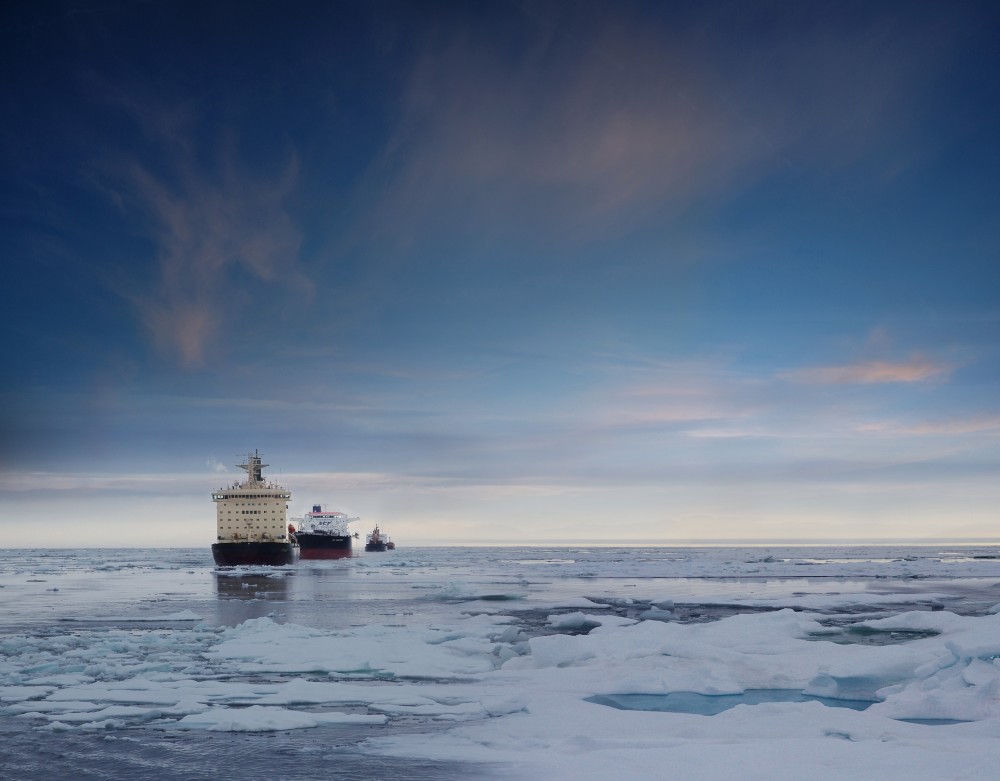Russia starts development of North Pole research platform
It will be able to operate autonomously for up to three years in ice-covered Arctic waters.

As vanishing Arctic ice makes it increasingly difficult to uphold research activities in the highest Arctic, Russia moves ahead with plans to build a research platform for the region.
The projected self-propelled platform will have top-level ice protection and be able to move autonomously around in Arctic waters for up to three years, Minister of Natural Resources Sergey Donskoy told RIA Novosti.
The active development phase is set to begin before June this year and construction will start in 2019, Donskoy confirms.
The platform is a joint project with federal meteorological service Roshydromet and was outlined as a priority project in the recently adopted social and economic development program for the Arctic.
The platform will be named “North Pole” and be operated by Roshydromet. It has a preliminary investment cost of €98 million (around $121 million).
The new platform will replace previous North Pole research stations that were situated on drifting ice floes.
The Soviet Union and later Russia has had floating research stations in the Arctic since 1937, with a break in the years 1991-2003.
In recent years, the research station is normally established on an ice floe in September-October, with some two dozen scientists spending the winter there measuring climate and weather conditions.
But, during the last couple of years, it has become more and more difficult to find ice floes solid enough to hold a station.
The last “real” ice station, “North Pole-40,” was established in October 2012, and had to be evacuated in May 2013 because the ice floe the base was placed on started to break apart. The 16 scientists that spent the winter on the floe had to be rescued by a nuclear-powered icebreaker sent out from Murmansk.
Russia did not set up any floating stations in 2013-2014 or in 2014-2015. In April 2015 they established a station called “North Pole 2015” that only existed for four months.
The shrinking Arctic ice is creating problems also for Russian private ice camp Barneo.
The temporary ice camp is set up annually around this time of the year since 2002. The ice base is sponsored by the Russian Geographical Society and normally lasts for the month of April. It is used as a base for scientific research and for expeditions to the North Pole and has during recent years become a popular destination for tourists.
Information from Barneo coordinators shows that the first searches for a suitable ice floe for the camp are in progress.